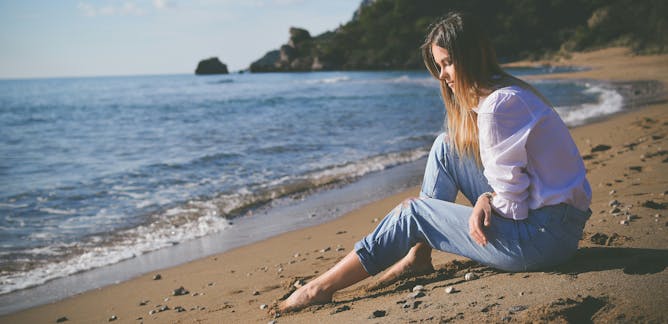
Articles on Vitamin D
Displaying 1 - 20 of 64 articles

Excessive exposure causes skin cancer, but sun exposure also has benefits. How do you balance the two?

A cup of coffee might help you kick-start your day, but it may actually make painful periods worse. Here’s what else to avoid (and eat) if you have period pain.

In the UK, it’s recommended people aim to get at least 400IU of vitamin D a day.

Here’s when low vitamin D is a potential concern and when you might need to get your levels tested.

Dr Joe Dituri is hoping to set a world record during his experiment.

Day to day, sunshine might not affect our mood – but light and dark seasons do.

There’s a common perception that supplements are harmless. But they can be dangerous at incorrect dosages.

Plant-based diets may lack a number of important nutrients, such as vitamin B12 and iodine.

Sales of vitamins are booming in pandemic times. But is there any evidence that vitamin and mineral supplements can protect you from COVID or help you recover from infection?

Very few studies support vitamin D2 supplementation being superior to vitamin D3.

Winter vitamin D supplementation may reduce the burden of common cold

As winter approaches, every family has a favourite cold remedy, but experts say few work.

While there are plausible explanations for why this occurs, we can’t be certain of the effect of temperature on SARS-CoV-2. Being indoors in poorly ventilated spaces plays a big role.

Going out in the cold won’t necessarily lead to you getting a cold. But cold weather in general is more hospitable to viruses, so it’s wise to take steps to keep your immune system strong.

Fortifying essential food with sensible amounts of vitamin D is a cheap intervention that will have a small but important benefit.

As we are now approaching a long, dark, socially-isolated winter in the UK, adequate vitamin D supplementation has never been more important.

A light invisible to humans makes chemicals in our skin very excited. In fact, the chemicals become so excited they change shape and become vitamin D.

There is a relationship between vitamin D and COVID-19, but taking too many supplements can be toxic.

Early research has pointed to a link between severe illness with COVID-19 and vitamin D deficiency. But there’s more to the story.

Too much ultraviolet radiation is dangerous for human health. Excessive exposure can cause skin ageing and sunburn and can induce melanoma, cataracts, ocular melanoma, and immunodeficiency.
